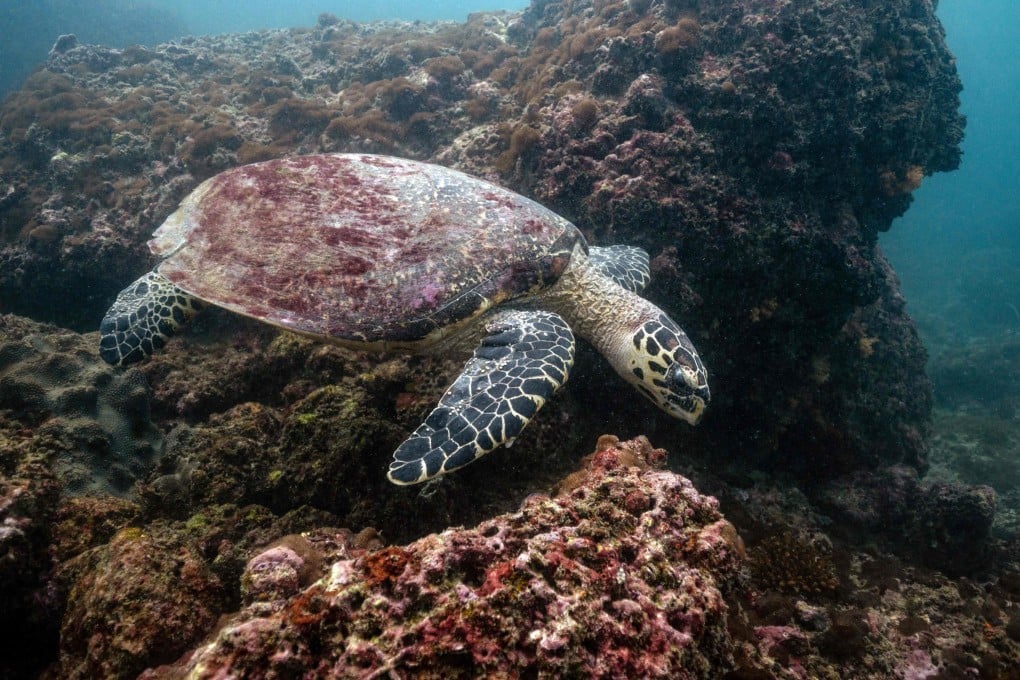Letters | World’s coral reefs face dire threat from toxic sunscreen chemicals
- Readers discuss the damaging effects sunscreen can have on the environment, Tom Daley’s views on the British Empire, and the dividing line between fact and opinion

Stress is harming the planet. When corals get stressed, they become more vulnerable to the toxic effects of oxybenzone, a chemical widely used in sunscreen. While it is only recently that we finally know how this happens, Friend of the Sea – the international certification programme from the World Sustainability Organization – has long been certifying sustainable alternatives to UV creams.
Coral reefs represent one of the most important ecosystems in our oceans. Not only do they support 25 per cent of marine species but, as a valuable source of nutrients, they are essential to entire food chains. They also absorb harmful pollutants and act as a buffer, protecting seashores and coastal communities. It is estimated that reefs provide food, medication and jobs at a value between US$30 billion and US$170 billion per year.
Sunscreens work by absorbing UV light and converting it into heat. Yet, they can lose their effectiveness after just 40 minutes. Chemicals such as oxybenzone can then accumulate on corals. Low concentrations of oxybenzone can kill 50 per cent of coral larvae in less than 24 hours.